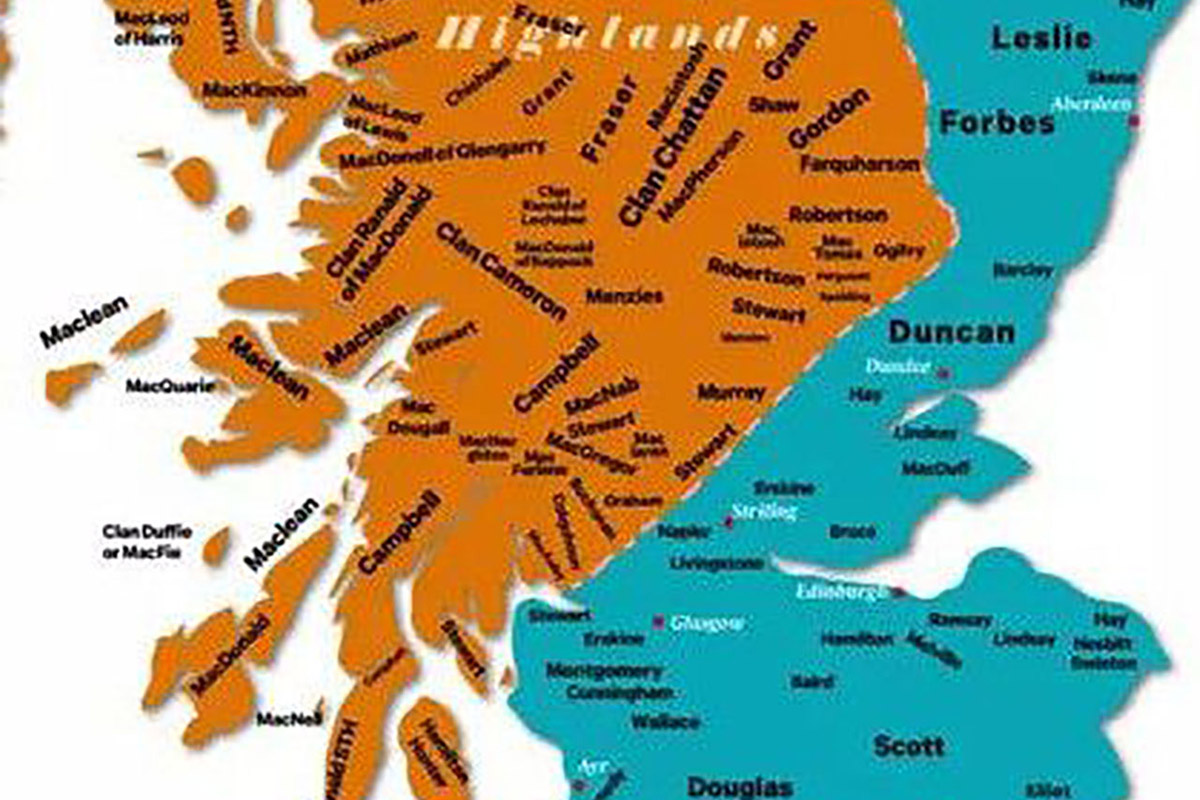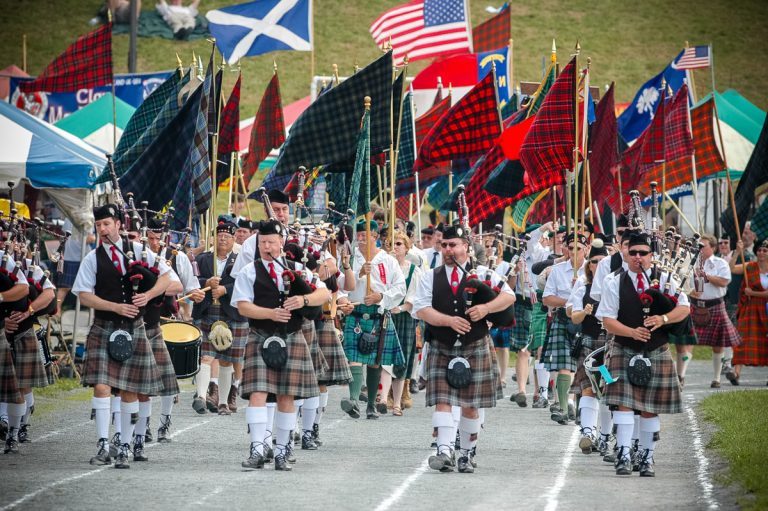The surprising evolution of surnames in Scotland
To put the origins of the surname Cadzow in some context, it is helpful to understand how surnames in Scotland evolved and how effective they are (or aren’t) in tracing ancestors.
Because if you think you can trace your family back several centuries just by finding men of the same last name, you may want to think again. The use of a standard last name to denote members of a single family is a relatively recent development in Scotland.
How surnames in Scotland have evolved
Around the 12th century when the Barony of Cadzow still existed, surnames in Scotland could reflect the territory that a family lived in. So, for example, a man could could have the surname Cadzow simply because he lived on the Barony of Cadzow lands, near modern-day Hamilton.
In the centuries following, a family’s surname could be based on any number of things:
- their trade could determine their surname: Tailor, Porter.
- their proximity to geographical features: Wood, Burnbank.
- personal characteristics or colouring: Little, Reid (based on red or ginger colouring).
One surname construction is called patronymics, in which a family’s surname was predicated on their father’s given name.
For example, a father named David would have a son called Thomas Davidson — the surname being a combination of the the father’s given name (David) with SON added (Davidson).
Similarly, Thomas’s son would be called William Thomson, whose son would be John Williamson. Even today, such surnames with the SON suffix exist although the practice of each generation taking a new surname does not.
There are remnants of this system even today: the well-known surname prefix Mac simply means son. Mac is the standardized prefix used today, but a hundred years ago it was commonly abbreviated in written records to Mc or even M’.
Gradually (and not until the 20th century in the Northern Isles), the patronymic system was replaced by the adoption of a fixed family name taken from an ancestral figure, or namefather. For example, the McGregors decided to take their name from an ancestor who lived in the 9th century: Gregor, brother of King Kenneth MacAlpine.
And what does this mean for us when we research our ancestors? It means that we can’t depend on tracing our genetic relations simply based on the idea that our relatives all have the same the family name from one generation to the next.
The major source for this information about surnames in Scotland:
- Collins guide to Scots kith & kin: A guide to the Clans and surnames of Scotland -HarperCollins Publishers, Glasgow 1989 (revised edition).



